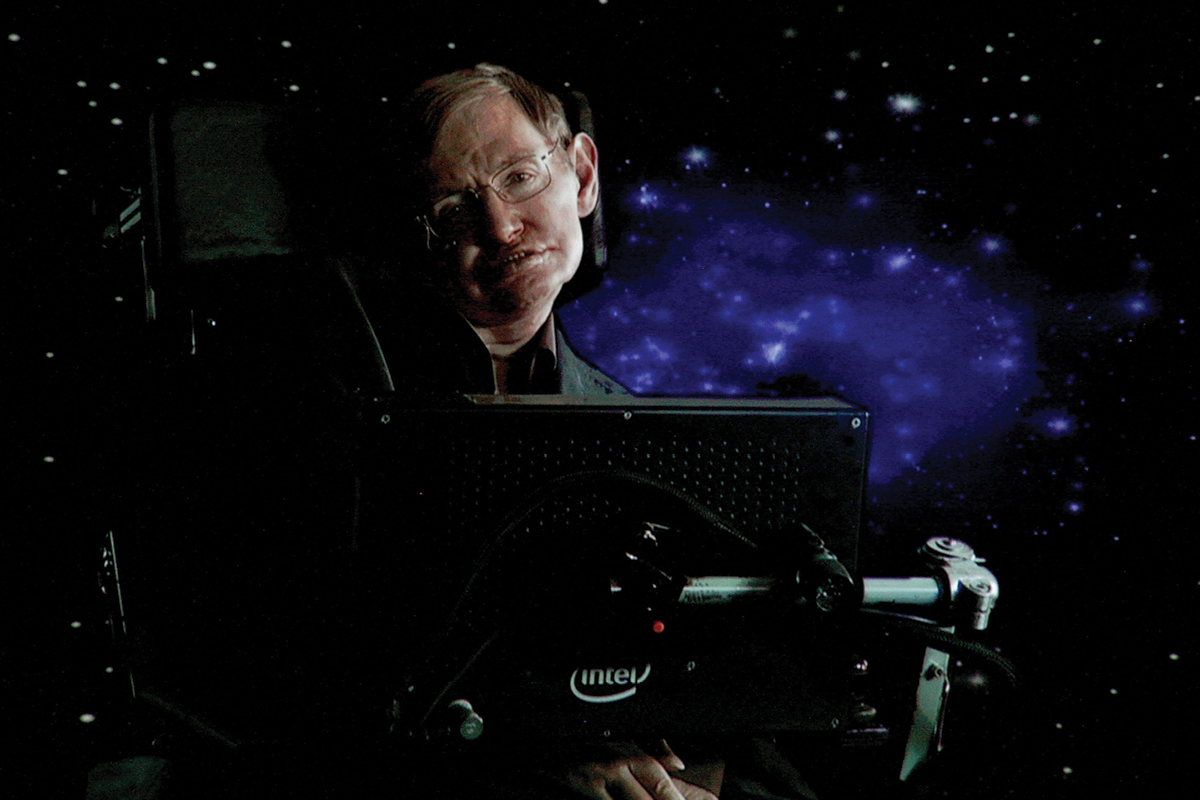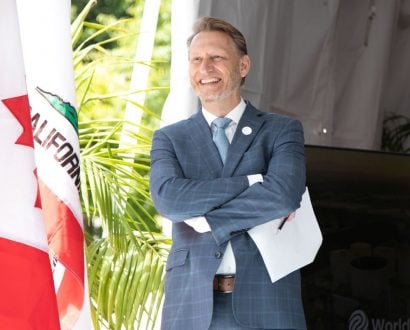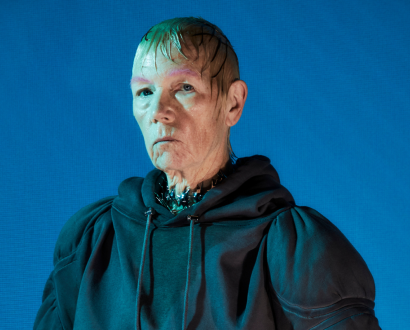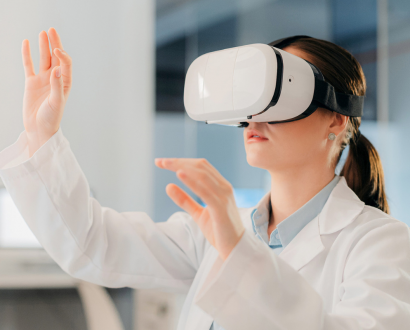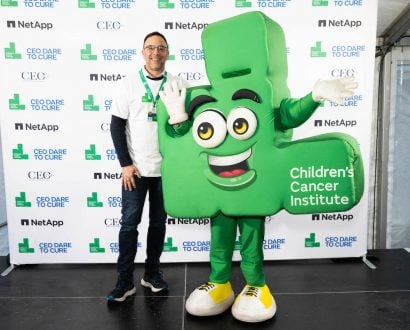The world of science, and indeed the world at large, recently mourned the loss of Stephen Hawking, renowned theoretical physicist and author. He died peacefully on 14 March, aged 76, and has since been commemorated for his towering intellect, keen sense of humour and strong sense of purpose.
A beginning less ordinary
Hawking began his academic life at Oxford in 1959, aged 17. After receiving his bachelor’s degree with first-class honours, he undertook graduate work at Cambridge in 1962, studying cosmology and general relativity.
Shortly after that, at 21, he was diagnosed with motor neurone disease (MND) and given just two years to live. However, he went on to complete his studies, and his thesis was well received.
Over the course of his life, the debilitating nature of his condition took its toll but didn’t prevent him from marrying twice – first to Jane Wilde, with whom he had three children; and 30 years later to Elaine Mason, who had been one of his nurses.
While both relationships ended in divorce, they survived through much of Hawking’s MND, which left him unable to move or communicate without considerable assistance.
Despite health challenges that would have left others defeated, Hawking spent his life revolutionising the fields of cosmology and theoretical physics.
Notable achievements and theories
He also authored many successful books, such as A Brief History of Time, which spent five years on The Sunday Times bestseller list and has sold millions of copies.
Some of his most famous theories include the idea that the universe began as a singularity, and that black holes can emit energy, causing them to shrink (known as Hawking radiation).
Along with the likes of Elon Musk and Jeff Bezos, Hawking spent many of his later years discussing the necessity of extra-terrestrial exploration and colonisation. He believed humanity would have no future without it.
“If humanity is to continue for another million years, our future lies in boldly going where no one else has gone before.”
Read article: 6 Stephen Hawkins theories that were either disproved or potentially accepted
Threat of industry automation
Since then, numerous other countries and organisations have worked towards this – most famously, Musk’s SpaceX. Meanwhile, China, the US, India and many European nations are starting another space race, attempting to reach the Moon and Mars.
Hawking also often discussed the potential of artificial intelligence and machine learning, saying in 2016: “I believe there is no deep difference between what can be achieved by a biological brain and what can be achieved by a computer. It therefore follows that computers can, in theory, emulate human intelligence — and exceed it.”
He was, however, cautious about such a future. He also warned of the threat of industry automation, believing that it would bring great disruption to the economy.
“The automation of factories has already decimated jobs in traditional manufacturing, and
the rise of artificial intelligence is likely to extend this job destruction deep into the middle classes, with only the most caring, creative or supervisory roles remaining.”
Final words of wisdom
One of his last comments on the subject offered hope, mixed with further caution: “Everyone can enjoy a life of luxurious leisure if the machine-produced wealth is shared, or most people can end up miserably poor if the machine-owners successfully lobby against wealth redistribution. So far, the trend seems to be toward the second option, with technology driving ever-increasing inequality.”

